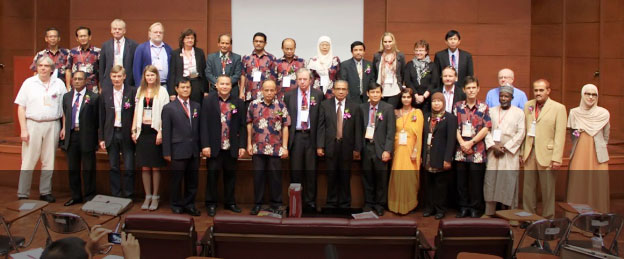Full issue 2
East and Southeast Asia are in the process of experiencing a period of outstanding economic growth and extraordinarily dynamic development and in view of the political regionalisation process achieving a common market by 2015 it should be lent a significant degree of additional momentum. To sustain the rapid development and face the challenges caused by the structural changes of economies, those societies involved will be depending on a highly skilled workforce and thus on functioning TVET-systems to meet both economic and societal demands. TVET-systems are in a process of permanent adaptation to the socioeconomic environment, which leads to an all-round increase and improvement of praxis-orientation in teaching-learning processes. It is evident that the sole employment of the traditional “chalk-and-talk” method in teacher-centred educational settings, does not produce the required workforce.



